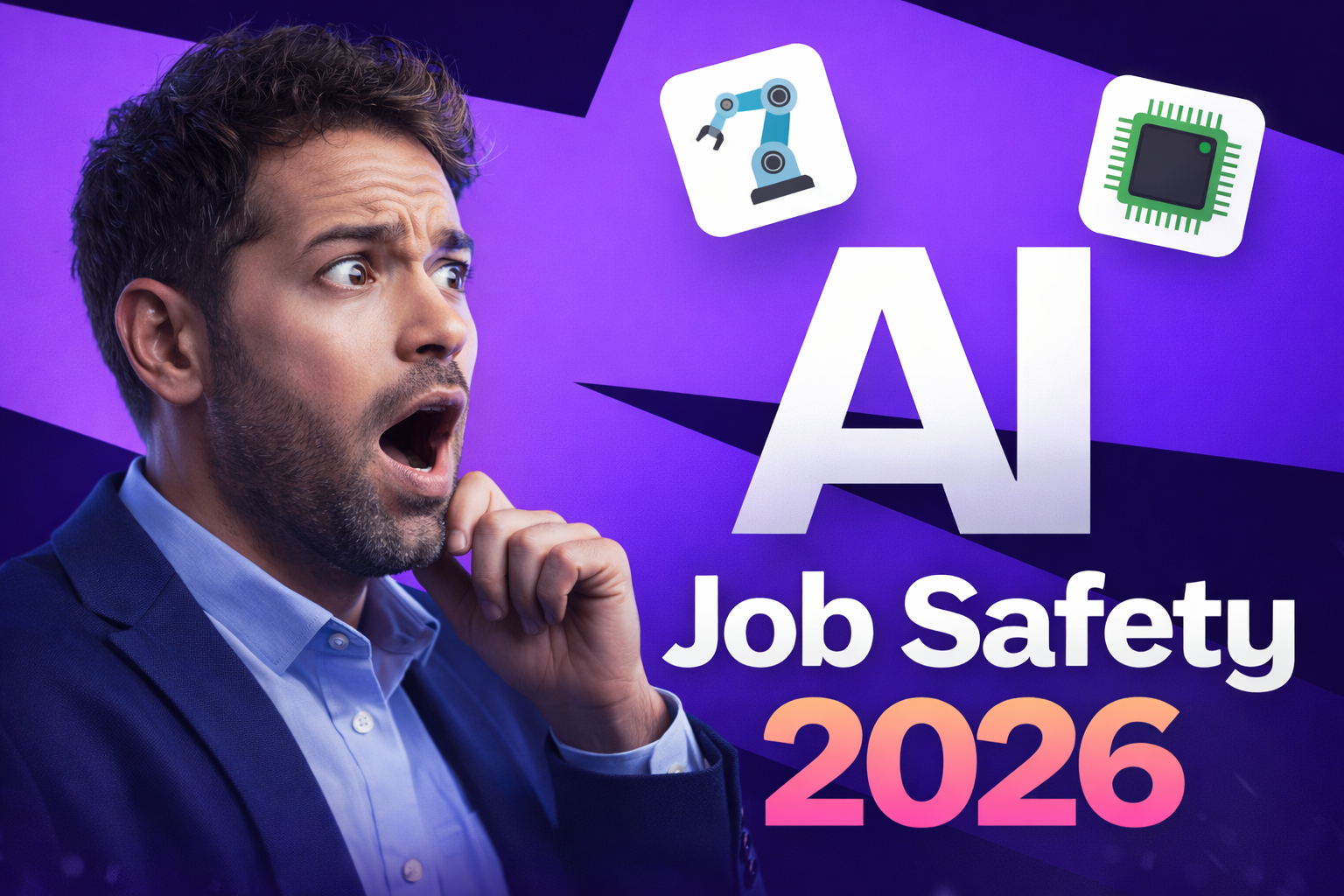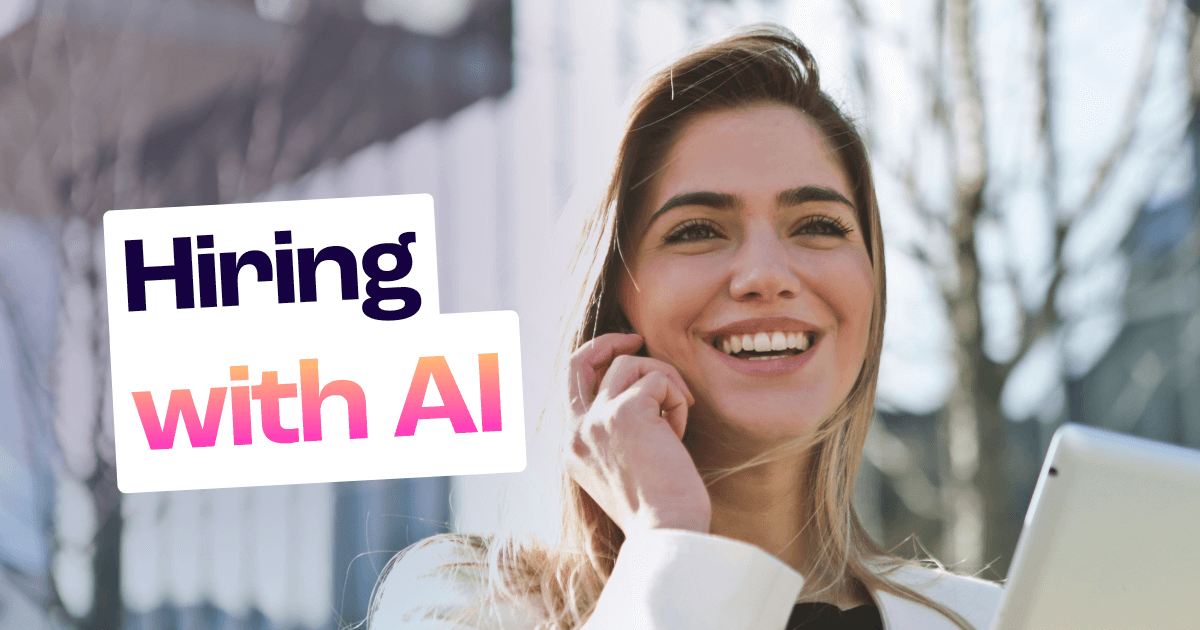
Is AI About to Replace Recruiters — or Make Them Unstoppable?
Artificial intelligence (AI) is transforming recruitment faster than any other area in HR. From automated résumé screening to predictive candidate scoring, AI now influences millions of hiring decisions every year.
A 2025 Forbes report revealed that over 80% of Fortune 500 companies use AI-driven tools at some stage of their recruitment process, while startups and remote-first hiring teams increasingly rely on automation to scale hiring across borders.
In fact, 93% of Fortune 500 Chief Human Resource Officers report they’ve begun integrating AI into their hiring processes , and nearly 99% of Fortune 500 companies use some form of AI-driven hiring tool (usually an ATS or assessment platform).
These companies use AI to streamline various stages of hiring, primarily for:
- Resume screening: AI-powered Applicant Tracking Systems (ATS) scan and filter resumes of potential candidates for keywords, qualifications, and skills, helping to manage the massive volume of applications large companies receive.
- Administrative tasks: Automation is widely used for scheduling interviews and handling routine candidate communications, such as providing application status updates via chatbots.
- Candidate assessments: AI in talent acquisition is used for skill-based tests, cognitive ability tests, and personality assessments to help predict job performance and cultural fit.
- Sourcing and matching: AI tools help identify qualified candidates from internal databases and external platforms like LinkedIn by matching their skills with job requirements.
But despite the rapid adoption, the rise of AI does not mean recruiters are becoming obsolete. Instead, the role is evolving. The best recruiters are becoming AI-powered talent acquisition strategists — using intelligent tools to save time, improve accuracy, and deliver a more meaningful candidate experience at scale.
This article explores how AI is changing hiring, what it means for recruiter jobs, and how humans can thrive in the age of intelligent recruitment.
How AI Is Changing Recruitment
AI has expanded into nearly every phase of hiring, and nowhere is this more visible than in how AI is changing recruitment at scale. From AI in recruiting automation to AI-driven sourcing, screening, and shortlisting, intelligent tools now support everything from résumé parsing to compliance checks.
These systems are also increasingly used for AI in HR recruitment, creating more consistent workflows and enabling global teams to hire faster and more fairly than before.
Rather than replacing recruiters, these systems reduce manual admin and bring clarity to workflows that were once slow, inconsistent, and heavily dependent on human bandwidth.
1. Automation in Screening and Sourcing
One of the most time-intensive parts of the recruitment process is filtering through thousands of CVs to identify qualified applicants, which is why AI in candidate screening and automated sourcing have become essential for modern teams.
This is where AI recruiting tools and AI-powered tools excel — automating candidate screening, sourcing candidates, and ranking applicants using predictive analytics that highlight skills, patterns, and indicators of long-term fit.
Modern AI sourcing tools can even identify passive talent and suggest matches that humans may overlook, often with the added benefit of reduced bias when properly monitored. These tools now play a central role in AI in the recruitment process, helping teams shortlist talent rapidly while improving accuracy and consistency across high-volume hiring.
Platforms such as HireVue, Fetcher, Paradox, Eightfold, and SeekOut can:
- Parse résumés in seconds
- Match candidates to job descriptions
- Highlight top skills and keywords
- Auto-rank applicants
- Suggest candidates for multiple roles simultaneously
AI sourcing has become so accurate that some tools now proactively identify candidates who are likely to be open to new roles based on online activity and career signals.
According to LinkedIn’s Future of Recruiting Report, 56% of talent professionals say AI tools have already improved their hiring efficiency.
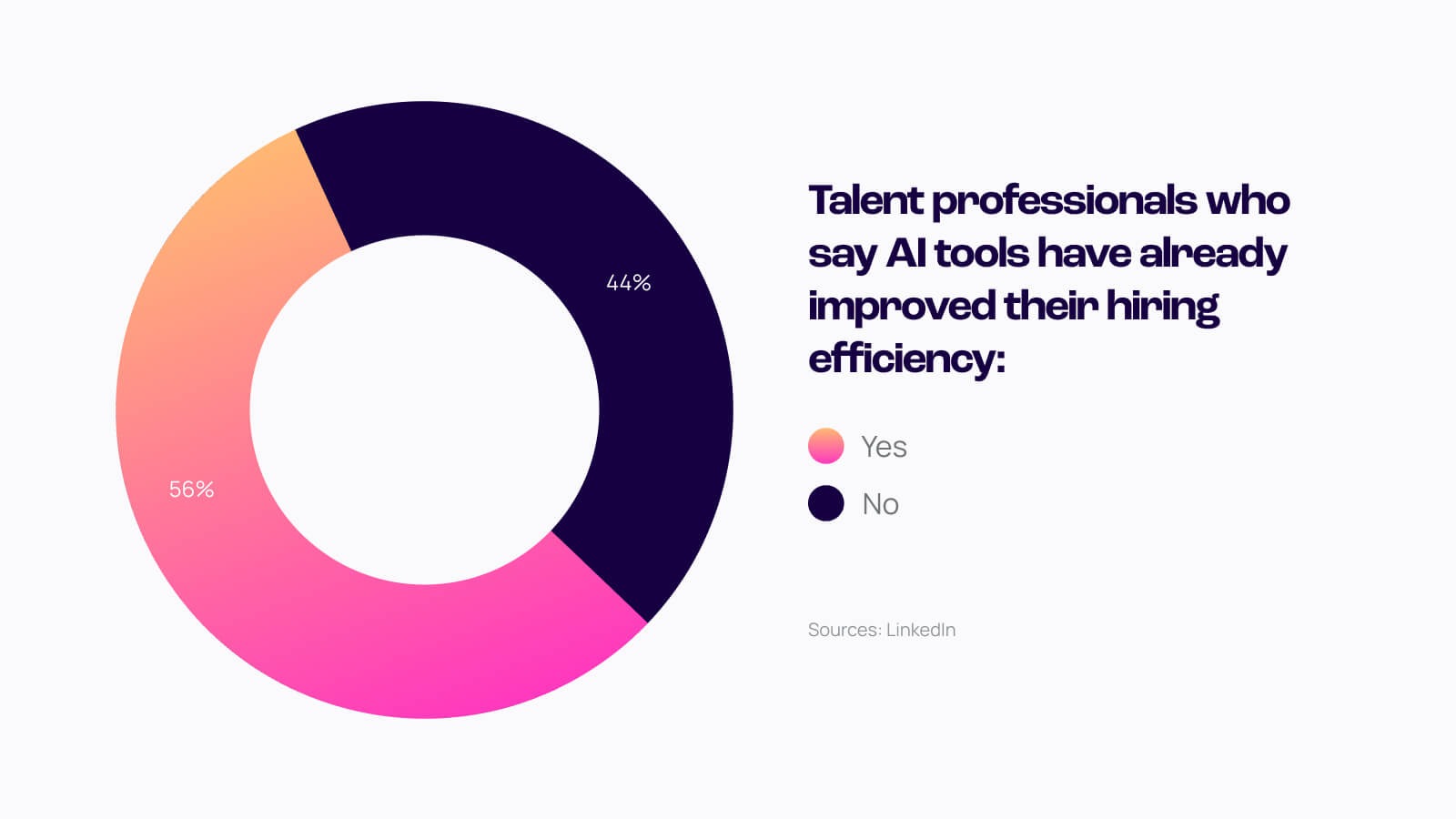
This level of automation allows recruiters to focus more on outreach, relationship building, and strategic workforce planning — the areas where humans excel.
2. Predictive Analytics for Better Hiring Decisions
AI isn’t just speeding up the recruitment process — it’s making it smarter.
Predictive analytics tools can:
- Forecast candidate performance
- Estimate likelihood of long-term retention
- Analyze patterns from previous successful hires
- Identify risks such as job-hopping tendencies
- Optimize job descriptions to attract better talent
Platforms like Pymetrics, HiredScore, HireVue Insights, and IBM Watson Talent use millions of data points to evaluate what makes someone successful in a particular role or company culture.
Instead of relying on intuition alone, recruiters now have data-backed insights to strengthen their decisions.
3. AI-Powered Interviews and Assessment Tools
AI-powered interviews have become one of the fastest-growing areas of modern hiring, especially as companies adopt AI interview tools that analyse communication patterns, soft skills, and role fit at scale.
These platforms are now a standard part of AI recruiting jobs, helping teams handle high-volume assessments while giving hiring managers deeper behavioural insights. Used responsibly, they complement human decision-making rather than replace it — making interviews more structured, scalable, and fair.
Tools like HireVue, ModernHire, and Pymetrics analyze:
- Facial expressions
- Tone of voice
- Micro-gestures
- Word choice
- Cultural alignment
- Soft skills such as empathy or leadership
While controversial in some contexts, these systems can reduce human bias when used responsibly — especially when paired with structured interview questions and transparent scoring methods.
Many global companies, including Unilever, Accenture, and Deloitte, use AI-powered assessments to screen early-career candidates before the first human interview.
4. Chatbots and 24/7 Candidate Engagement
Candidates expect quick responses — and AI delivers them.
Recruiting chatbots like Olivia by Paradox, Humanly, and Espressive can:
- Answer candidate FAQs
- Schedule interviews
- Provide application updates
- Walk candidates through benefits
- Qualify applicants automatically
Chatbots reduce friction in the hiring process, especially for high-volume roles or global teams operating across multiple time zones.
Younger job seekers — especially Gen Z — expect instant communication. AI helps companies meet that expectation while maintaining consistency.
5. Bias Reduction (and Bias Replication)
One of the promises of artificial intelligence is its potential to reduce human bias. Some AI tools help create more diverse candidate pools by:
- Removing identifying information (names, schools, ages)
- Highlighting candidates based on skills rather than pedigree
- Suggesting overlooked applicants
However, the risk of bias replication is real. If the training data includes biased human decisions, AI may simply automate those biases at scale.
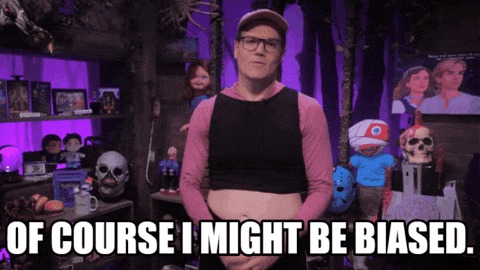
For example:
- Amazon discontinued an AI recruiting tool after it discriminated against women (Reuters, 2018).
- Research from Harvard and MIT shows that unregulated AI tends to reinforce existing hiring patterns.
Ethical oversight is essential. Recruiters of the future will not only use AI — they’ll monitor it.
6. Remote Hiring and Global Workforce Expansion
The shift toward distributed teams has accelerated the use of AI-driven hiring systems.
AI tools support remote recruitment teams by:
- Automating documentation
- Handling global compliance
- Scanning for fraudulent credentials
- Streamlining onboarding workflows
- Verifying candidate identity
- Matching talent across multiple countries
Platforms like Deel, Papaya Global, and Remote.com use AI to help companies hire globally without needing a legal entity in every country.
The result? Recruiters can hire anywhere, anytime — and manage more open roles at once.
Will AI Replace Recruiters? The Realistic Outlook
The fear of replacement is understandable. Automation is powerful — and fast. But the realistic view supported by experts, analysts, and major HR platforms is this:
AI will replace tasks, not recruiters.
Here’s what that means.
1. AI Automates Tasks, Not Human Relationship-Building
Even as AI accelerates early-stage screening and improves the interview process, it cannot replace the human elements that matter most to job seekers or hiring teams.
Recruiters still shape the employer brand, guide the recruitment team through complex decisions, and counterbalance human bias that can appear in both humans and algorithms. AI can shortlist top candidates — but only people can inspire trust, understand context, and navigate the emotional side of hiring.
The majority of what AI automates includes:
- Screening
- Scheduling
- Sourcing
- Drafting job ads
- Initial outreach
- Interview routing
- Data analysis
- Administrative coordination
These are tasks, not careers.
Recruiters still excel in areas that AI cannot replicate:
- Reading between the lines
- Understanding human motivation
- Negotiating offers
- Building trust
- Managing expectations
- Resolving conflict
- Guiding candidates through career transitions
- Advising hiring managers
AI can shortlist someone — but it can’t convince them to relocate, negotiate a competing offer, or reassure them on day one.
2. Why Empathy Still Matters in Hiring
Hiring is inherently emotional.
Candidates feel:
- Hope
- Stress
- Uncertainty
- Excitement
- Fear of rejection
Even the most advanced AI cannot replicate humanity — the ability to sense tone shifts, understand unspoken concerns, or navigate delicate conversations about compensation or cultural fit.
Recruiters remain essential for:
- Offer management
- Career coaching
- Conflict mediation
- Team alignment
- Diversity advocacy
- Understanding nuance
Human empathy is irreplaceable — and its value increases as AI takes over administrative tasks.
3. The Risk of Over-Automation
Some companies have leaned too heavily into automation and found it backfires.
Over-automation can lead to:
- Candidate frustration (“I never spoke to a human”)
- Lower acceptance rates
- Damaged employer brand
- Misalignment between hiring managers and candidates
- False positives or false negatives
Research from McKinsey shows that 61% of candidates prefer at least some human interaction during the hiring process — especially final interview stages and offer discussions.
Fully automated hiring doesn’t create confidence. It creates distance.
4. The Forbes Prediction: Redefined, Not Replaced
A 2025 Forbes analysis concluded:
“AI will redefine the recruiter role — not eliminate it. The future belongs to hybrid talent professionals who blend human intuition with data intelligence.”
This shift mirrors other professions:
- Financial advisors use AI but are still essential.
- Doctors use AI diagnostics but remain decision-makers.
- Teachers use AI learning tools but guide the experience.
Recruiters will follow the same path.
5. Real-World Examples of AI + Human Balance
Leading companies are finding the sweet spot between automation and humanity:
Unilever
Uses AI assessments for early screening, then pairs candidates with human recruiters for interviews.
IBM
Relies on predictive analytics but requires human oversight for all hiring recommendations.
Deloitte
Uses gamified assessments followed by structured human interviews.
The pattern is clear: AI improves efficiency, but humans maintain fairness, connection, and trust.
6. The Future-Proof Mindset for Recruiters
Recruiters who lean into AI gain superpowers.
They transform from:
❌ Administrative coordinators
to
✅ Strategic hiring advisors
They shift from chasing résumés to shaping company culture. They evolve from manual sourcing to data-driven talent consulting. This new version of a recruiter is harder to automate — because their value is not tasks, but insights.
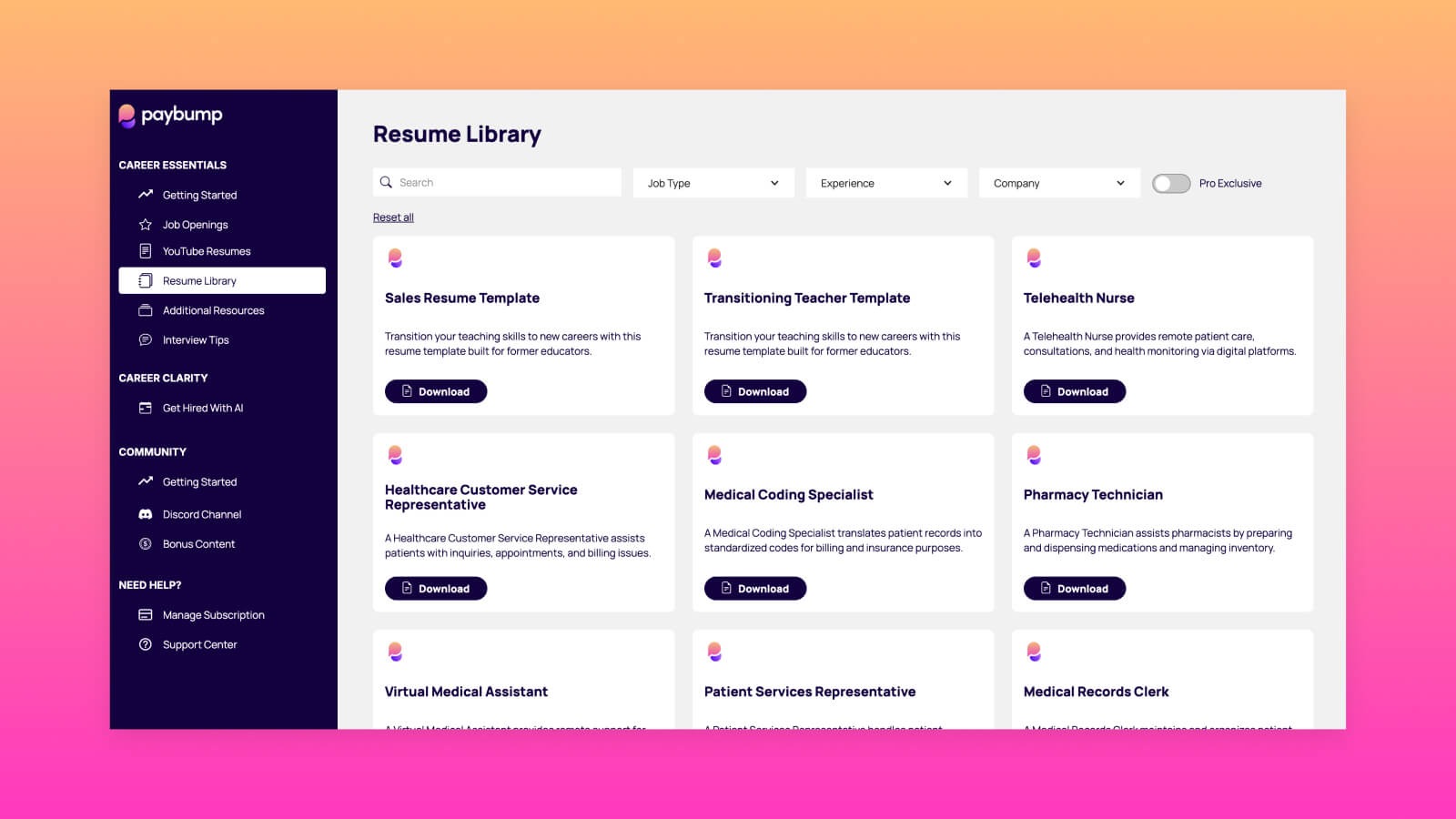
How Recruiters Can Leverage AI to Stay Ahead
To thrive in the age of AI, recruiters need to learn how to use the tools that make them faster, sharper, and more influential in the hiring process.
Here’s how.
1. Work Smarter, Not Harder: Automate Repetitive Admin
If a task repeats daily or weekly, AI can likely automate it.
Examples include:
- Candidate follow-ups
- Interview scheduling
- Pipeline reminders
- Job posting distribution
- Initial screening
- Profile scoring
- Application acknowledgments
By letting AI handle the busywork, recruiters can spend more time on:
- Relationship building
- Candidate coaching
- Hiring manager advisory
- Strategic workforce planning
This shift directly increases recruiter performance and reduces burnout.
2. Adopt AI Recruiting Platforms to Gain Insights
Tools like Recruitee, Beamery, SeekOut, Greenhouse, and Eightfold.ai empower recruiters to analyze:
- Talent availability
- Market competition
- Salary benchmarks
- Skill gaps
- Pipeline leaks
- Diversity patterns
AI dashboards provide clarity into which roles take longest to fill, which sourcing channels perform best, and what candidate profiles match historical success.
Recruiters with strong data literacy instantly become more valuable to leadership teams.
3. Upskill in AI Literacy and Prompt Writing
Generative AI is now a required skill in talent acquisition.
Recruiters can use generative AI to:
- Write job ads
- Create Boolean searches
- Draft candidate messaging
- Personalize outreach
- Analyze résumés
- Craft interview questions
- Generate assessment prompts
The better your ability to guide AI, the more powerful your recruiting toolkit becomes.
Courses from LinkedIn Learning, Coursera, Udemy, and SHRM now offer AI-for-HR certifications that help recruiters level up fast.
4. Integrate Generative AI Into Daily Workflows
Tools like ChatGPT, Claude, and LinkedIn’s AI writing assistant can dramatically improve efficiency. Practical uses include:
- Rewriting job descriptions to improve clarity
- Tailoring messages to different candidate personas
- Creating hiring manager intake forms
- Writing structured interview questions
- Summarizing candidate profiles
- Drafting compensation options
- Helping with diversity-friendly language
Instead of starting from scratch, AI gives recruiters a starting point — and humans refine the final product.
5. Use AI to Personalize Candidate Communication
AI makes personalization scalable.
Recruiters can use tools that analyze:
- Candidate interests
- Skills
- Past experience
- Social media activity
- Keywords from résumés
to generate highly tailored outreach messages.
Recruiters who send custom messages see up to 40–60% higher response rates, according to a 2024 Gem study.
AI doesn’t replace personalization — it enables it.
6. Career Evolution: New Roles Emerging in AI-Enhanced Recruiting
AI is not shrinking the talent acquisition industry — it’s creating new job categories.
Fast-Growing AI-Recruitment Roles
- AI Talent Strategist
- Recruitment Automation Specialist
- People Analytics Partner
- AI Hiring Operations Manager
- Generative AI Workflow Designer
- AI Ethics & Bias Officer
- Talent Intelligence Analyst
Many of these roles are remote-friendly and command salaries 20–40% higher than traditional recruiting jobs.
7. Key Forecast from Gartner
Gartner predicts that by 2027, 60% of recruiter workflows will be augmented by AI tools, but emphasizes that human oversight will remain mandatory for:
- Compliance
- Bias auditing
- Offer management
- Candidate trust
- Diversity commitments
AI accelerates hiring — but humans protect fairness and connection.
The Future of Recruitment Careers
The future of recruiting is hybrid, global, data-driven, and more creative than ever. Here’s what’s coming next.
1. Rise of Hybrid Recruiters
Hybrid recruiters blend:
- Relationship skills
- AI workflow management
- Talent analytics
- Job market intelligence
- Candidate experience strategy
They are part recruiter, part analyst, part advisor.
These are the most in-demand profiles in today’s talent market.
2. Global Reach Through AI
Since AI enables hiring anywhere, recruiters can now:
- Manage international pipelines
- Coordinate distributed interview panels
- Source talent across continents
- Navigate global salary data
- Use AI for language translation during screening
This expands opportunities for remote recruitment jobs across industries like tech, healthcare, finance, and e-commerce.
3. Ethical Guardianship Becomes a Core Skill
With AI in the hiring seat, recruiters must:
- Monitor algorithmic decisions
- Identify unfair patterns
- Ensure transparency
- Advocate for underrepresented talent
- Validate assessments before use
The future recruiter is equal parts practitioner and ethical safeguard.
4. Upskilling Opportunities Grow Rapidly
Recruiters can stay ahead by earning certifications in:
- AI in HR (SHRM)
- People Analytics
- Talent Intelligence
- Ethical AI
- HR Technology Management
- AI Prompt Engineering
These credentials signal adaptability — a key requirement in tomorrow’s hiring landscape.
5. Salary Growth for AI-Proficient Recruiters
As AI-driven roles expand, compensation is rising.
According to Carv’s 2025 Talent Benchmark Report:
- Recruiters with AI skills earn 20–40% more
- Talent Intelligence roles often exceed $120K–$160K+
- Remote recruiting jobs now include AI workflow bonuses or tech stipends
Knowledge of AI is becoming a competitive advantage — and a financial one.
6. Big Picture: The Recruiter Evolves Into a Strategic Advisor
When AI handles logistics, recruiters spend more time shaping:
- Employer brand
- Culture fit strategies
- Diversity pipelines
- Workforce planning
- Candidate experience
- Leadership hiring
This shift elevates the recruiter’s role inside organizations — from reactive order-taker to proactive talent strategist.
The Recruiter’s Role Isn’t Dying — It’s Evolving
AI will not replace recruiters — but recruiters who refuse to adopt AI may be replaced by those who embrace it.
The most successful professionals in the next decade will blend:
- Empathy + analytics
- Intuition + data
- Storytelling + strategy
- Human judgment + AI-driven efficiency
Recruitment will always be a people business. AI can filter job applicants, rank skills, and draft outreach, but it will never replace human understanding, trust, or motivation.
The future belongs to AI-empowered recruiters — those who know how to combine technology with humanity.
As AI continues to evolve, the recruiting profession will undergo one of the most significant transformations in its history — but not in the way people fear. The future isn’t about humans versus machines. It’s about humans who know how to partner with intelligent tools to elevate what they do best.
Recruiters who embrace AI are discovering that technology doesn’t take away their value — it expands it. It opens the door to deeper strategy, broader reach, and the ability to impact both companies and candidates on a much larger scale.
Think about it: by automating screening and scheduling, recruiters finally have time to focus on the moments that truly shape someone’s career:
- They can coach candidates through tough transitions.
- They can help hiring managers make fairer and more inclusive decisions.
- They can identify gaps in company culture and design smarter long-term workforce plans.
These are responsibilities that require emotional intelligence, curiosity, and critical thinking — competencies that no algorithm can replicate.
Most importantly, the rise of AI gives recruiters the opportunity to redefine the image of their profession. Instead of being seen as transactional gatekeepers, tomorrow’s recruiters can position themselves as strategic advisors, career advocates, and culture architects.
Companies will rely on their insight, not just their ability to manage paperwork or fill requisitions. And job seekers will increasingly look to recruiters as trusted guides during one of the most meaningful journeys of their lives.
The bottom line?
AI is not the end of recruiting — it’s the beginning of a more innovative, fulfilling, and human-centered era. Recruiters who adapt early won’t just survive the shift. They’ll lead it.
Ready to future-proof your recruitment career?
Explore the Paybump Career Hub for remote recruiting jobs, AI-powered hiring tools, and upskilling resources to stay ahead in the future of talent acquisition.
Subscribe to the Paybump newsletter for weekly insights, job leads, and practical tips for working with AI — not against it.
FAQs
Will AI replace recruiters completely?
No. AI automates repetitive tasks but cannot replace human empathy, negotiation skills, and nuanced judgment.
What recruitment jobs are emerging because of AI?
AI Talent Strategist, Recruitment Automation Specialist, People Analytics Partner, Talent Intelligence Analyst, and similar hybrid roles.
How can recruiters start using AI tools effectively?
Begin with simple automations like sourcing or scheduling, then integrate analytics platforms and generative AI tools for deeper insights.
What skills do recruiters need to stay relevant?
Analytical thinking, emotional intelligence, prompt writing, AI literacy, communication skills, and market awareness.
How can AI improve the candidate experience?
AI streamlines communication, reduces wait times, and personalizes outreach — while humans maintain empathy and fairness.
Are AI-driven hiring processes ethical?
They can be — but only with human oversight, bias auditing, and transparent decision-making built into every step.


